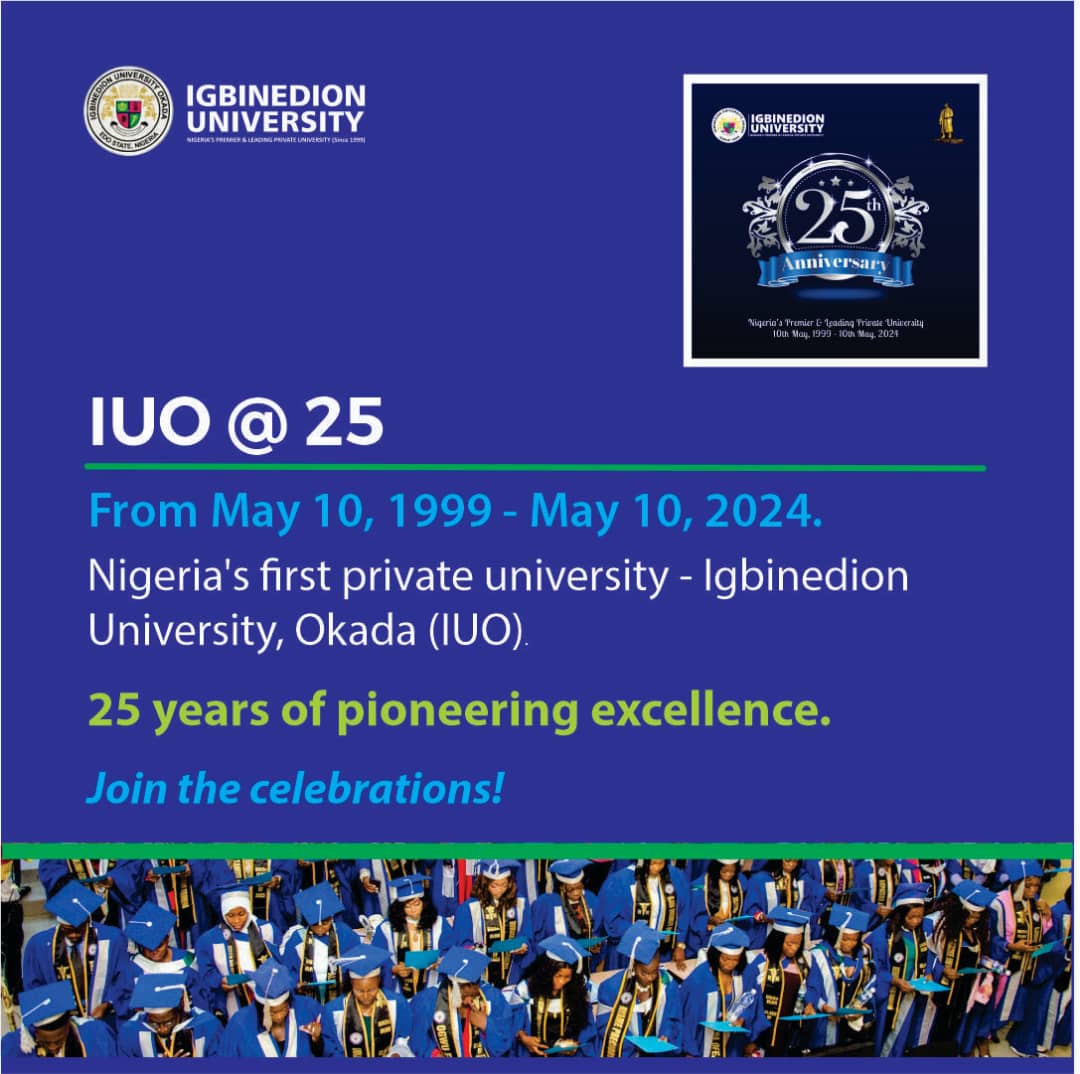ARTICLE AD
Mr Dominic Nwuzor, manager of Nollywood comic actor, John Okafor, a.k.a ‘Mr Ibu’, says the late comedian used humour to promote peace and unity across Africa.
Nwuzor, who is the Chief Executive Officer of Don Singles International (DSI), stated this in an interview on Sunday in Abuja.
The DSI helmsman recounted how Mr Ibu used his craft and popularity to make people happy, build bridges, reconciling warring communities across the continent.
Nwuzor said the late veteran comedian was given several honours and recognitions by leaders and communities across Africa during his lifetime.
“I remember vividly, how two warring tribes in Ghana came together for the first time because of John’s performance and he ended up reconciling them.
“He was thereafter given a Chieftaincy title as the ‘Malangula I of Tamale Land’, meaning the peacemaker, and I was named the ‘Ngulala’, meaning the mouthpiece of the peacemaker.
“When we went to Botswana, he held the Nigerian flag when we landed to show how proud and patriotic he was because they were hearing a lot of negative things about Nigeria then.
“He was a man I would say made Africans laughed and was held in high esteem like a people’s leader across Africa,” he said.
According to him, DSI as a foremost showbiz company in Nigeria, managed the late superstar for over two decades and was part of his entertainment expedition across Africa and beyond.
He said Mr Ibu’s ability to evoke laughter with his natural wit, made him fans favourite all over Africa and acclaimed as one of the continent’s beloved comic actors of all time.
“Mr Ibu, as John was popularly known, was not just an actor, but Nollywood ambassador that used his talent and humour to promote peace, happiness and unity among Africans.
“I signed John in 2004, and then our relationship grew beyond that of business to become that of friendship as we have become so close till his death.
“The deal started with first two years, and I did not bother him with the aspects of Nigerian movies, so he could deal with anyone on Nigerian movies.
“But for anything concerning international showbiz, I have to discuss with the promoters on the basic access requirements and then we would move.
“There was no airport, especially in Africa, where crowd of fans would not gather to welcome John, and that was how I realised his popularity outside the shores of Nigeria.
“I can tell you that he was even more celebrated in countries like Ghana, South Africa ,Kenya, Tanzania, Gambia, Garbon, Botswana and he always held the Nigerian flag showing his love for his country,” he said.
According to him, the late thespian used his craft to project Nigeria in a positive light to the world, especially in countries that have heard negative stories about the country.
“Then, John was one of the positive things other countries wanted to hear about Nigeria and everybody looked forward to meet him, including presidents of nations.
“For example, even a two-year-old child in Ghana knows Mr Ibu , and one thing about him was his friendliness and originality, as everything he does is just himself and does not copy anyone.
“Foreigners fell in love with Nigeria through John and wanted to visit the country because of him, as we got calls from even the Caribbean,” he said.
He therefore urged the Federal Government to immortalise the late actor, and should be given a posthumous national honour for using talent and humour to promote Nigeria’s image during his lifetime.
NAN reports that John Okafor, born on October 17, 1961 in Nkanu West Local Government of Enugu State, acclaimed to have appeared in over 200 Nollywood films.
He was well known for the ‘Mr. Ibu series’, which included Mr. Ibu (2004), Mr. Ibu 2 (2005), Mr. Ibu and His Son, Coffin Producers, Husband Suppliers, International Players, Mr. Ibu in London (2005).
Some of his iconic films include Police Recruit (2003), 9 Wives (2005), Ibu in Prison (2006) and Keziah (2007).

 8 months ago
44
8 months ago
44 




